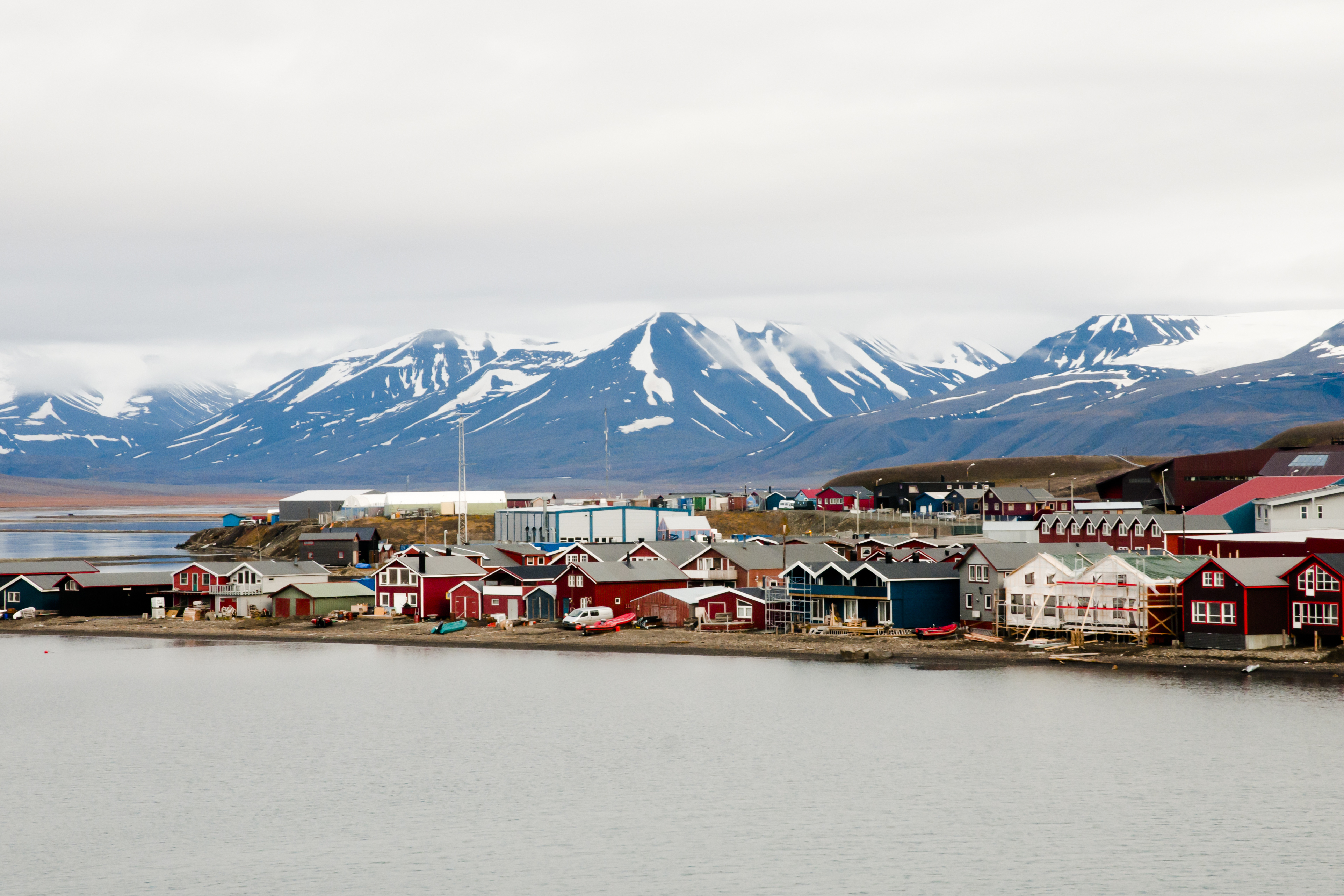Northern security in focus as NATO nation lawmakers met in Svalbard

Around 100 politicians, policy makers and academic experts gathered on Svalbard from May 8 to 10 for a NATO Parliamentary Assembly meeting to discuss climate change, security, maritime cooperation and new trade and business opportunities in the High North.
The meeting, which was co-hosted by the Norwegian Parliament, focused on “new challenges and opportunities in the region, as well as the existing good international cooperation within maritime and environmental affairs, joint search and rescue efforts, and the High North as an area for constructive international cooperation,” according to a NATO PA statement.
Arctic warming will amplify security risks
Norwegian Minister of Climate and Environment Vidar Helgesen attended the meeting and gave a keynote address focusing on the global security implications of the changing Arctic. He particularly focused on the implications of extreme weather and human security globally, and argued that “this will inevitably lead to increasing economic, social and political tensions.”
“In this new reality, NATO too must consider how to adapt to the new climate risk reality, prepare for new security challenges, and manage the unforeseen,” Helgesen stated in his keynote address.
Russia views meeting as ‘provocative’
Russia’s Ministry of Foreign Affairs then stated that “the attempts to bring Spitsbergen under the wing of this military-political bloc and to hold its meeting there are at odds with the spirit of the 1920 Treaty,” and added that “there are no problems in the Arctic region that require NATO participation to solve, let alone militarily.”
[A meeting of NATO nation lawmakers in Svalbard raises Russian objections]
The 1920 Svalbard treaty gives Norway full sovereignty over the Svalbard archipelago, but also gives the other signatories, including Russia, non-discriminatory access to residence, right to fish, hunt or undertake any kind of maritime, industrial, mining or trade activity on Svalbard. The Treaty also stipulates that the archipelago should never be used for “warlike purposes.” According to the treaty, Norway must ensure that the archipelago is utilized in a peaceful manner.
According to Dr. Michael Byers, the Canada Research Chair in Global Politics and International Law at the University of British Columbia, the meeting was not intended to provoke Russia. Byers attended the NATO PA meeting himself, and told High North News that the meeting was more of a learning and discussion workshop for the parliamentarians, with no decision-making taking place or resolutions being adopted.
He points out that the NATO Parliamentary Assembly is independent from NATO and has no direct role in NATO policies or operations. No professional military personnel attended the meeting.
Dr. Byers also underlines that the Russian MFA never claimed that the meeting was illegal, but rather stated that it was contrary to the “spirit” of the Svalbard Treaty.
However, he adds that Norway must have foreseen that a meeting on Svalbard by an organization associated with NATO would attract at least a small degree of concern from Moscow.
NATO’s role in the Arctic
Norway has for a long time pushed to strengthen NATO’s maritime capabilities in the North Atlantic, but so far the alliance has been reluctant to get involved.
Ahead of the Warsaw Summit in 2016, Norwegian Minister of Defense Ine Eriksen Søreide stated that “NATO needs a coherent and robust long-term strategy to deal with the new security environment. A key element of that strategy must be maritime power and presence in the North.”